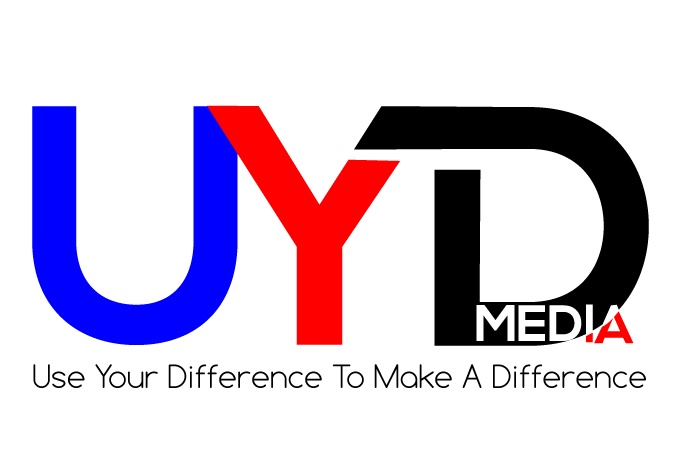A recent BBC article found that the number of hospital admissions for teenagers suffering from eating disorders in the UK has nearly doubled in the past three years.
In the United States nearly 30 million people suffer from an eating disorder and 95% of those with eating disorders are between the ages of 12 and 25.
I have met countless individuals living with some form of disordered eating (bulimia, anorexia, binge eating disorder, compulsive overeating) or with other forms of disordered body obsession (exercise addiction, laxative abuse, body dysmorphia).
These numbers are staggering considering that eating disorders have the highest mortality rate out of any mental illness.
There is no single cause of eating disorders. They develop out of a myriad of feelings, thoughts, situations, biochemical reactions and experiences.
Our society, however, is not exactly one built on a foundation of loving ourselves wholeheartedly, of accepting that we are enough, of being satisfied with what we have and who we are.
Our society tells us that we are not enough. We do not have Gisele Bundchen’s legs, Cara Delevingne’s eyebrows or Heidi Klum’s abs. It is not these individuals that are the problem however. The problem lies in a culture and a society that makes them our Gods, our Idols.
What good are we if we are not perfect? Sure we are smart, we have talents, we are kind people. But we don’t have a thigh gap! We are worthless!
If we had no magazines, no advertisements, no fashion models, no celebrities would we still place such a great emphasis on our body image and appearance? This is by no means the solution to eradicate eating disorders but it is food for thought.
For me, my struggle with an eating disorder has undoubtedly been influenced by the very fact that I am an old soul living in a Millennial body. I have experienced a disconnect between my incredibly strong desire for meaning and purpose and the new, fast, technology-driven world of one night stands and binge drinking that we have grown up in. I feel emotions so deeply and live in the world so intensely that an eating disorder was the most easily accessible outlet for the terrifying void of not knowing how to find my place in a world so large and so complex.
An eating disorder keeps the world small. It takes you out of the big scary questions and creates a sharp focus in your life: your body weight and shape. Suddenly, there is an explanation for the anxiety and the intensity – it is a means to control your weight because you are fat.
I believe that the mounting numbers of individuals suffering from eating disorders correlates to the era in which we live. We are surrounded by expectations of perfection, of celebrity, of high achieving, of being extraordinary. We are also surrounded by thousands of choices and an overwhelming amount of information at our fingertips, telling us how to be, what to do, where we are not enough, where we are missing out. The more we are bombarded with these pressures and choices the more we go into fear and the more we seek to make life smaller and more manageable by redirecting our feeling of fear into an obsession with our body and with food.
I think it is critical that we start an open, global discussion about the many young people suffering from eating disorders today as the numbers continue to increase. This is a disease of secrecy. It needs to be talked about and taken seriously in countries across the world in order for our young people to be well, to achieve their highest potential and at the end of the day, to thrive. The first step to getting well is asking for help. Let’s all extend a hand.










